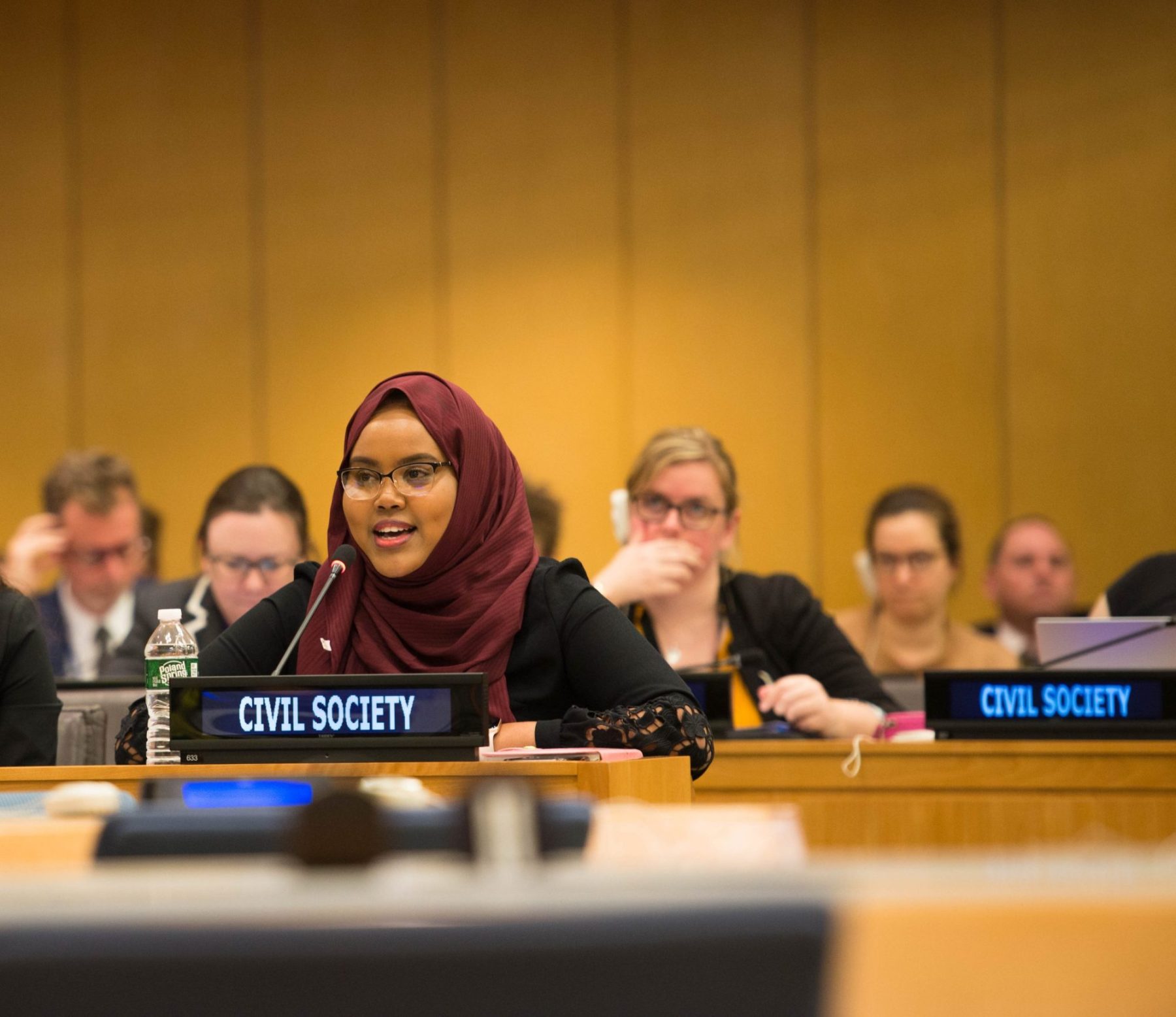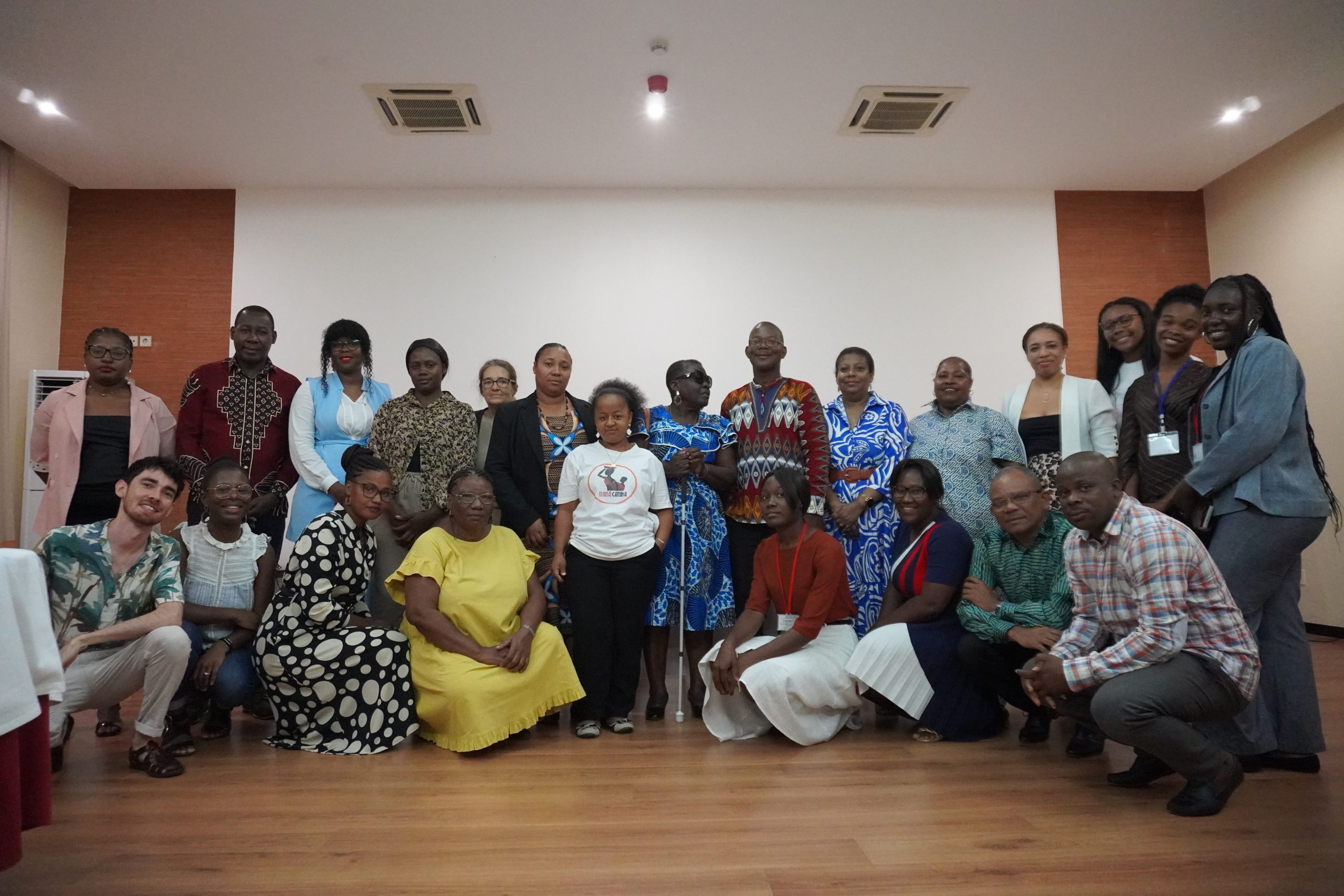The Committee on Non-Governmental Organisations (NGOs) held its resumed session in New York from 29 August to 7 September and 15 September 2022. This was the last session of the four-year term of the current NGO Committee with new members taking over the mandate in the regular session of 2023. During this session, the Committee recommended 173 for consultative status, deferred 321 for further consideration at its regular session in 2023 and closed without prejudice consideration of 59 applications of organizations that had failed to respond to queries over two consecutive sessions of the Committee.
Resource limitations leading to serious backlog in consideration of applications
The Chief of the NGO Branch, Wook-Jin Chang, welcomed the growing number of NGOs applying for accreditation following successful outreach campaigns by the branch to inform NGOs about ECOSOC consultative status. However, given that the resources of the NGO Branch have remained the same despite the increase in the number of applications, resulting in a considerable backlog, he appealed to the States for support in securing additional resources to enable the Branch to fulfil its mandate under ECOSOC Resolution 1996/31.
Politicisation of the Committee
Several States expressed deep concern over the current practices of the NGO Committee and called for reform. The representative of Greece expressed that it was now ‘time for meaningful reform’ and called for an ‘end to the practice of groundless deferrals, by way of duplicative questioning- especially for NGOs working on human rights’. The representative of the USA expressed that several NGOs particularly those working on human rights, the rights of marginalised communities and drug policies were targeted and deferred year after year. The representative of the EU voiced apprehension over the consistent deferral of EU based NGOs, including the International Dalit Solidarity Network (IDSN) which has been deferred for over 15 years. A representative of an NGO seeking accreditation ‘International Alliance of BRICS Strategic Project’ also condemned the heightened politicisation of the Committee and urged it to open doors to NGOs working to advance the goals of the UN, during the Q&A session with representatives of NGOs seeking consultative status.
As a Committee member, the USA called for votes on the applications of nine long-deferred NGOs. The votes on the applications of all nine NGOs were unsuccessful with only five states voting in favour (Brazil, Estonia, Israel, Mexico, USA), ten against (Bahrain, Burundi, China, Cuba, India, Nicaragua, Nigeria, Pakistan, Russian Federation, Sudan), two abstentions (Greece and Turkey) and two absent (Eswatini and Libya). The representative of the USA responded that the outcome of the vote was ‘discouraging but not surprising’ and ‘reflective of the broader issue of politicisation and misuse of authority by Committee members.’
The nine NGOs whose applications were called to a vote are: Gulf Centre for Human Rights (GCHR), International Dalit Solidarity Network (IDSN), Bahrain Center for Human Rights, Coptic Solidarity, Arab-European Center of Human Rights and International Law (AECHRIL), The Andrey Rylkov Foundation for Health and Social Justice, The Union of Non-governmental Associations ‘The International Non-governmental Organization The World Union of Cossack Atamans’, Interregional non-governmental human rights organization ‘Man and Law’, and World Without Genocide. NGOs on this list work on critical human rights issues, including to protect rights of marginalised communities, support victims of discrimination and violence and protection of the rights of refugees. One of these 9 NGOs—IDSN is currently the longest deferred NGO of the NGO Committee. First considered at the Regular Session of the Committee on NGOs in January 2008, IDSN has been deferred for over fifteen years. During this period, it has received 103 written questions from the Committee, including several repeat questions to which timely answers were already provided. This egregiously prolonged deferral of accreditation leads to the silencing of Dalit voices at the UN, resulting in further discrimination at international, national, and local levels. The representative of the USA expressed particular admiration for IDSN’s ‘diligence and resilience’ in answering questions, over the past 15 years.
‘By denying accreditation to almost 400 NGOs on arbitrary grounds, the committee fails to fulfil its mandate of ensuring NGO participation at the UN and excludes a key stakeholder involved in fulfilling the goals of the UN charter’, said ISHR’s Maithili Pai. ‘De facto rejection resulting from repetitive and arbitrary questions is a form of reprisals’ said ISHR’s Madeleine Sinclair.
Looking ahead
As the NGO Committee is a subsidiary body of ECOSOC, the fate of these nine NGOs lies in the hands of 54 members of ECOSOC who will decide whether or not to approve the NGO Committee’s recommendation not to accredit the NGOs. The Committee’s next ordinary session, which will be the first session of the incoming members of the NGO Committee, is scheduled to take place from 23 January to 1 February, with the session’s report to be adopted on 13 February 2023.




